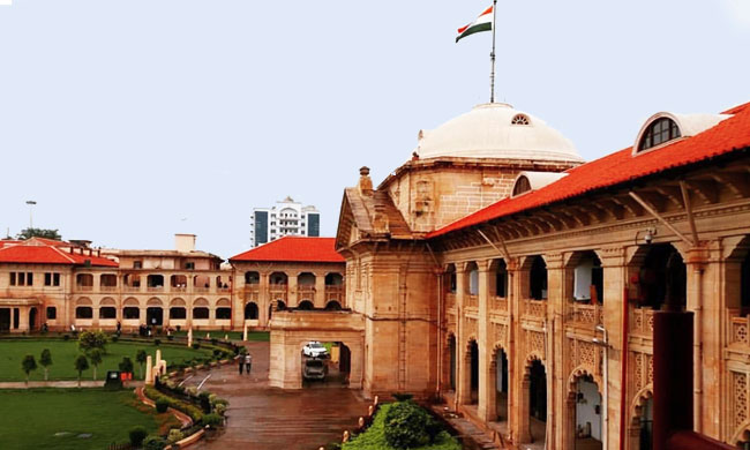- Home
- /
- News Updates
- /
- Allahabad HC During COVID19
Allahabad HC During COVID19
LIVELAW NEWS NETWORK
17 Jun 2020 4:42 PM IST
LiveLaw has taken an initiative to analyse the functioning of High Courts across the country during the COVID-19 pandemic. We have taken various parameters such as the volume of cases filed, the number of cases disposed, the proactive steps taken by the High Courts, guidance to the subordinate judiciary etc. This data compilation will be an ongoing work and periodically revised with...
Next Story



